Let’s get something straight: protein isn’t just the playground of bodybuilders and bros chugging chalky shakes at the gym. It’s a deeply misunderstood macronutrient that we’ve reduced to fitness slogans and supermarket buzzwords. Somewhere between keto cults and plant-based panic, myths about protein have seeped into the wellness mainstream—and they’re silently sabotaging your health goals. So if you’re still stuck on the idea that more is always better, or that a scoop of powder is your golden ticket to toned arms, let’s untangle the hype from the actual science.
1. You Need Huge Amounts Of Protein To Build Muscle
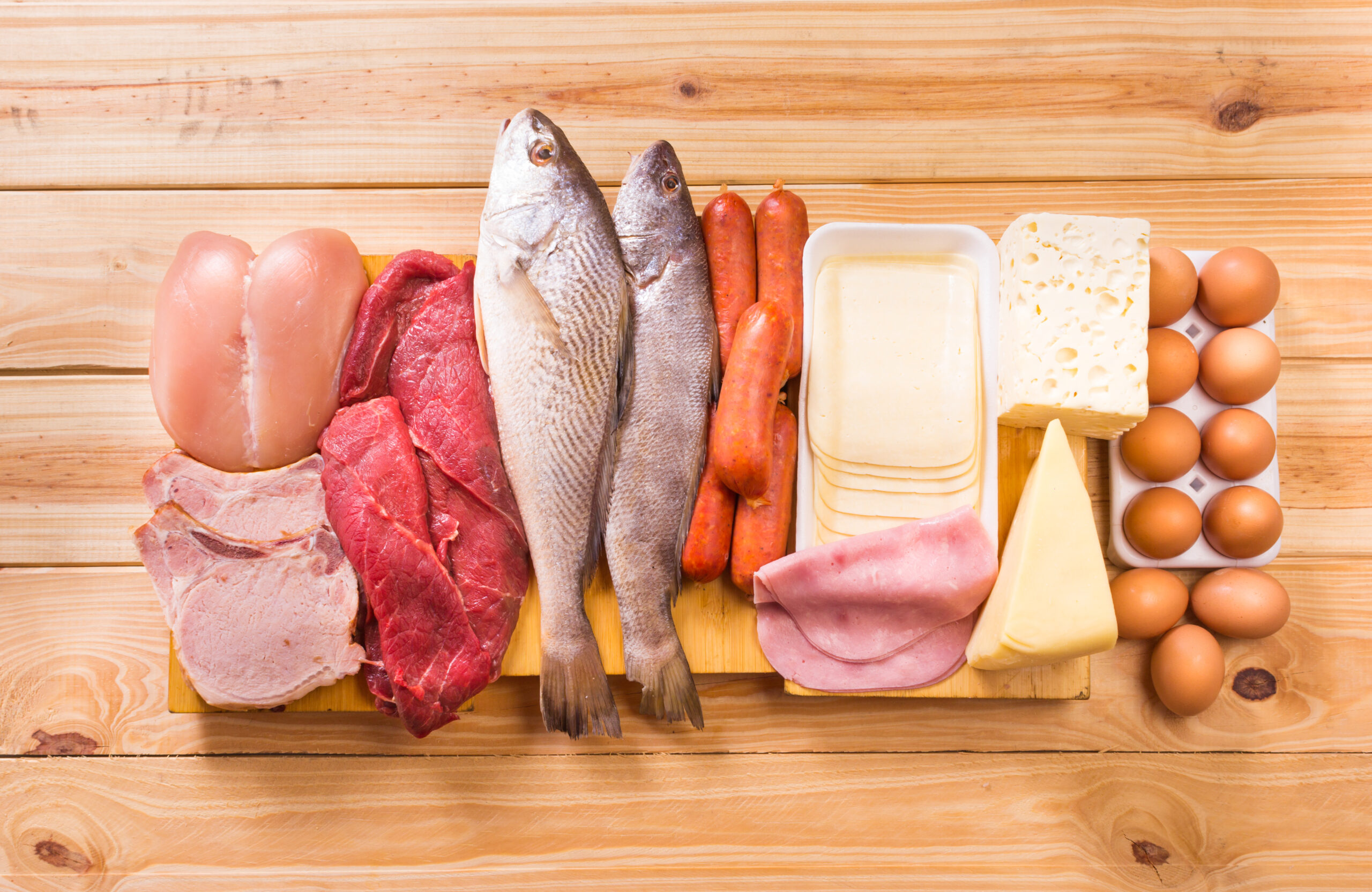
More isn’t always better—especially when it comes to protein. The idea that guzzling triple your body weight in grams will magically make you jacked is outdated and frankly unhelpful. Building muscle requires consistency, resistance training, sleep, and yes, protein—but not in obscene quantities. Excess protein just gets converted into energy or stored as fat, which isn’t what you want when aiming to build lean muscle.
You only need around 1.6 to 2.2 grams per kg of body weight daily to see results, not a meat mountain. Overdoing it won’t make your muscles grow faster, it’ll just stress your kidneys and drain your wallet. Most people get enough protein from regular meals—no need to inhale six chicken breasts daily. Let’s retire the “protein equals power” myth and focus on balance instead of excess. According to Healthline, the recommended protein intake for muscle building is well within reach through a balanced diet.
2. Plant Protein Is Inferior To Animal Protein
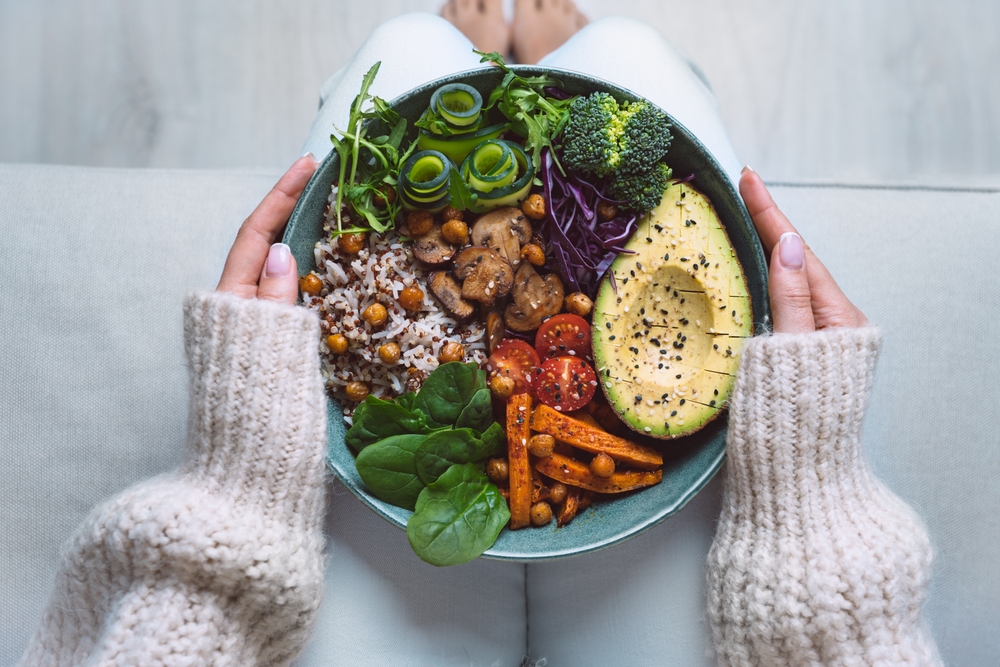
This myth is rooted in old-school nutrition dogma, not current science. Yes, animal protein is “complete,” but that doesn’t mean plant protein is nutritionally useless. If you’re eating a variety of plant sources—lentils, quinoa, tofu, nuts—you’re getting all the amino acids your body needs. Plus, plant proteins come with fiber, antioxidants, and lower saturated fat, making them a great addition to any diet.
The truth? A well-planned plant-based diet can support muscle growth and performance. You don’t need to be carnivorous to be strong. And with the rise of innovative plant proteins like pea, hemp, and mycoprotein, the gap is closing fast. Don’t let outdated labels keep you from experimenting with plant-based options. According to Viva!, recent studies confirm that plant proteins are just as effective as animal proteins for building and maintaining muscle strength.
3. Protein Shakes Are Necessary After Every Workout
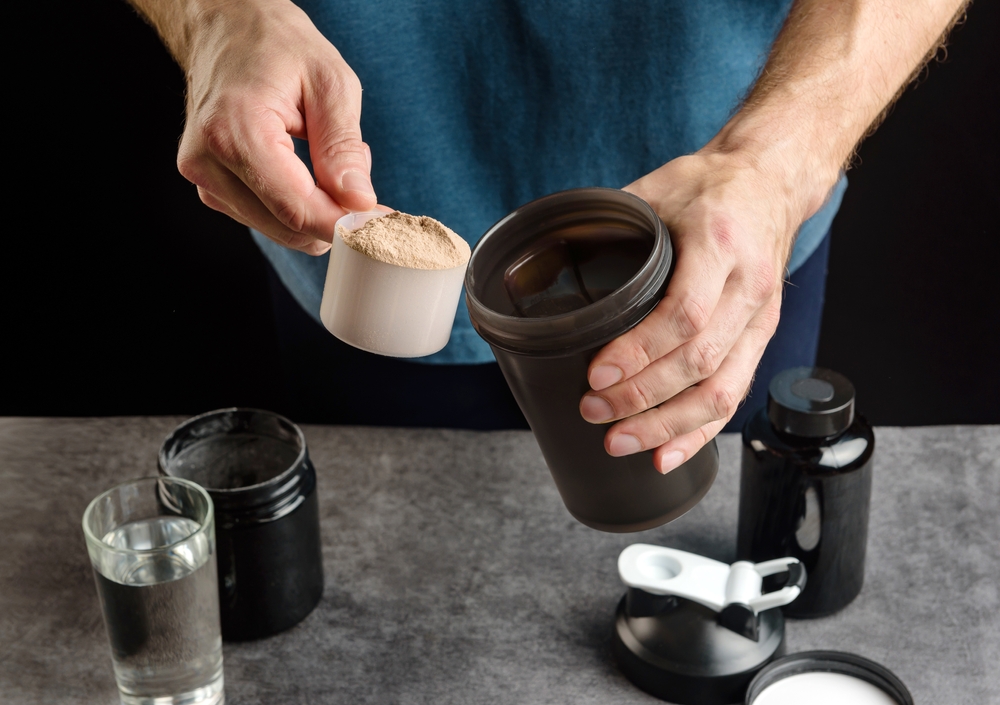
The post-workout protein shake obsession is essentially marketing. Sure, refueling after exercise is important, but it doesn’t have to come in liquid form. Real food—like a balanced meal with carbs and protein—can do the same job, often with more satisfaction and nutrients. Unless you’re training hard multiple times a day, you’re not going to shrivel without your shake, so don’t fall for the protein powder hype.
That said, shakes are convenient, not essential. They’re great for busy people or those struggling to hit protein goals, but not a must-have. You don’t need to run to your blender the second your workout ends. Chill—your muscles aren’t watching the clock that closely, so just focus on quality nutrition throughout the day. As noted by the American Council on Exercise, post-workout nutrition can be effectively managed with whole foods.
4. More Protein Means More Weight Loss

Protein does help with satiety and can support fat loss when paired with a calorie deficit. But the idea that simply increasing protein will melt fat is overly simplistic and misleading. Eating 200 grams of protein a day without watching your overall calorie intake won’t magically transform your body. Calories still matter, even if they come wrapped in a lean steak or protein shake, so don’t focus solely on one macronutrient.
Also, over-prioritizing protein often leads people to cut back on other essential macros like carbs and healthy fats. This can backfire by messing with your energy levels, hormones, and metabolism. The key to sustainable fat loss isn’t high-protein everything—it’s balance, variety, and consistency. Don’t let diet culture disguise itself as “science” in the quest for fat loss. According to Clinical Evidence from PubMed, high-protein diets can support weight loss but should be approached with balance and long-term dietary compliance for optimal results.
5. You Should Eat Protein Every Two Hours
Unless you’re an elite athlete with a nutritionist on speed dial, this myth is pure overkill. The idea that your muscles need a protein drip every two hours is based on outdated studies and gym folklore. Your body is quite good at digesting and utilizing protein across a longer window. Constant grazing can even cause unnecessary digestive strain and food obsession, which isn’t healthy either.
According to the International Journal of Sports and Exercise Medicine, consuming protein every 3–4 hours is optimal for muscle protein synthesis (MPS), rather than obsessively eating every two hours. Aim for three to four protein-rich meals spaced throughout the day to maintain muscle synthesis and support your goals.
6. All Protein Powders Are The Same
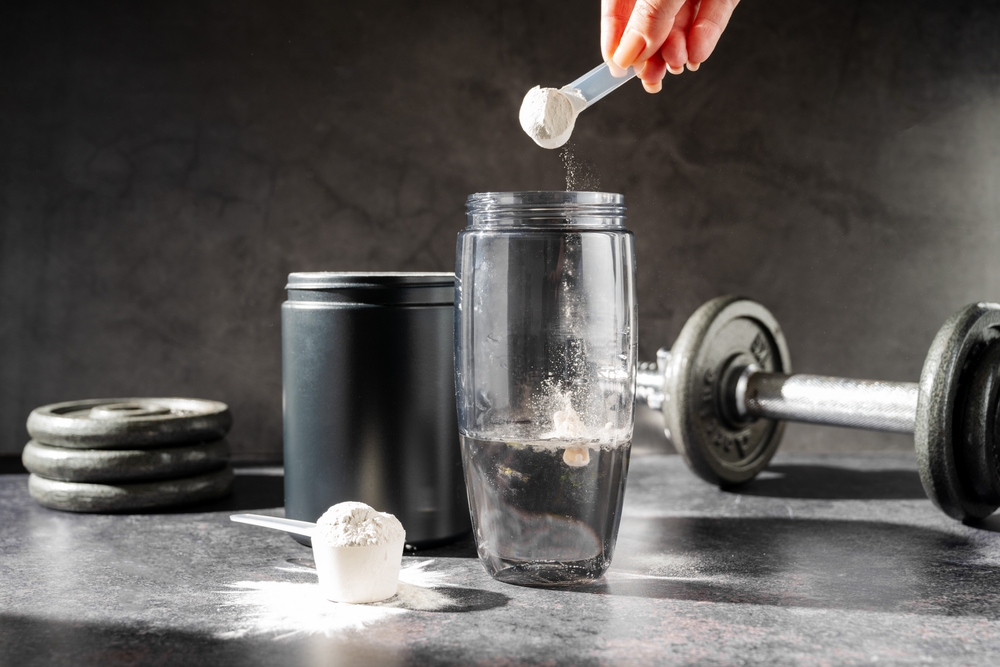
Spoiler: they’re not. The supplement aisle is a Wild West of shady labels, artificial fillers, and questionable sourcing. From heavy metals in bargain brands to proprietary blends hiding weak formulas, not all powders are created equal. You have to read beyond the marketing hype to know what you’re scooping into your shaker.
Whey, casein, soy, pea, rice—each type behaves differently in the body. Some are better for digestion, others for sustained release. Look for brands that are third-party tested and transparent about ingredients. If you’re going to spend money on powder, make it count by choosing quality products that meet your nutritional needs.
7. High-Protein Diets Are Bad For Your Kidneys
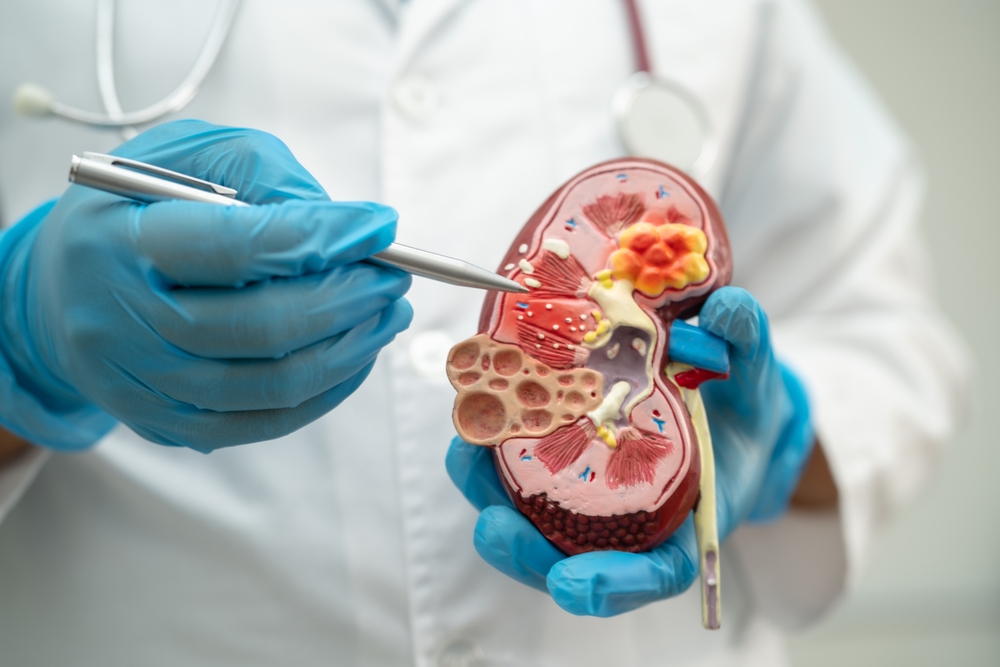
This one refuses to die—but unless you have pre-existing kidney disease, you’re fine. The concern around protein and kidney function is based on studies in people *with* kidney issues, not healthy individuals. For the average person, a high-protein diet won’t lead to kidney failure. Your body is built to handle it, so don’t panic about protein affecting your organs unless you’ve been diagnosed with kidney conditions.
That said, like anything, moderation matters. Extremely high-protein diets without enough water or fiber can cause other issues, like constipation or dehydration. But moderate, well-distributed protein intake is safe for most people. Don’t let fear-mongering rob you of a very useful macronutrient when it’s part of a balanced diet.
8. You Can Only Absorb 30 Grams Of Protein Per Meal

This myth is often repeated like gospel, but it’s not quite true. Your body doesn’t just dump extra protein past the 30g mark into some metabolic trash can. What it does is slow down digestion and absorption, using what it needs over time. It’s more like a dimmer switch than an on-off button, allowing your body to process protein as needed, no matter how much you consume in one meal.
That means it’s okay if one meal has 40, 50, or even 60 grams of protein—especially if it’s a large meal or post-workout. Your body is efficient, not wasteful. Focus on hitting your total daily target, not micromanaging every plate. You’re not a spreadsheet, so let your body do the work it’s built for.
9. Kids And Older Adults Don’t Need Much Protein

They might need *more* for very different reasons. Kids are growing rapidly and require protein to build tissue and support development. Older adults need protein to preserve muscle mass, strength, and mobility, especially as aging brings natural muscle loss. Skimping on protein at either end of the age spectrum can lead to major health setbacks like stunted growth or sarcopenia.
Instead of centering all protein conversations around young adults and athletes, we need to normalize protein-rich meals for the entire lifespan. Think beyond chicken breast and smoothies—eggs, beans, yogurt, nuts, even fortified cereals work. Everyone benefits from a solid protein foundation to help the body function at its best.
10. Protein Makes You Bulky

Unless you’re lifting heavy and *actively* trying to bulk up, eating protein won’t turn you into the Hulk. This myth often keeps women, in particular, from getting enough protein, because “toned” is the goal, but “bulky” is feared. Here’s the truth: muscle is hard to build, and protein alone won’t suddenly change your body shape. Building muscle takes time, dedication, and a mix of factors like training and recovery.
Protein helps maintain lean muscle, boosts metabolism, and supports fat loss. So if anything, it’ll help you look leaner, not bigger. Strong is not the same as swollen, and the focus should be on achieving your healthiest body, not adhering to outdated stereotypes. Don’t fear protein; embrace it for what it can help you achieve.
11. Timing Your Protein Is More Important Than Total Intake
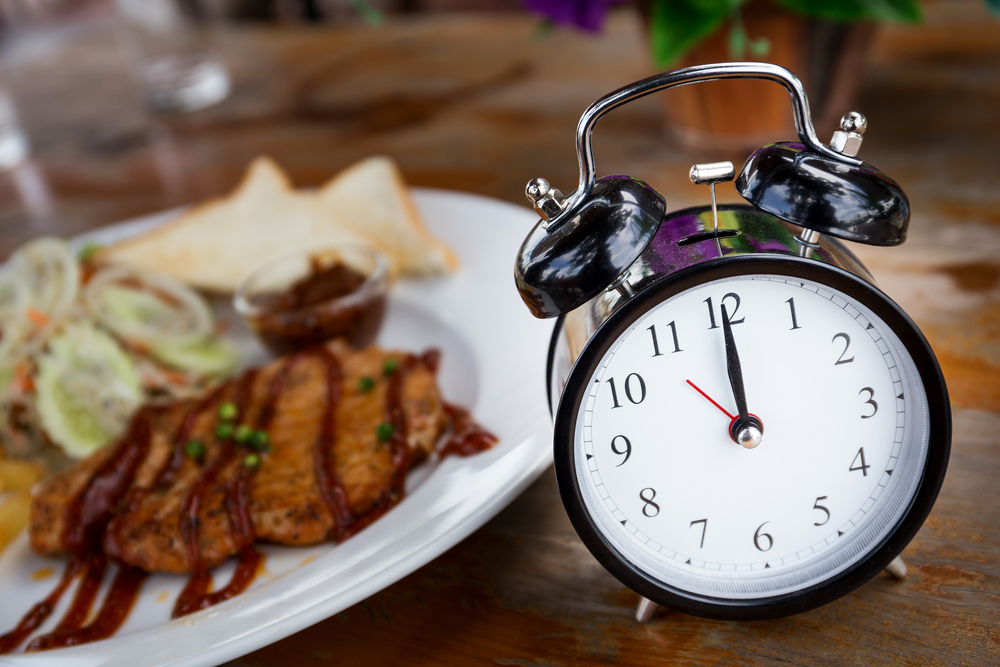
Yes, nutrient timing can help—especially for high-level athletes—but it’s not the end-all. What matters more is how much protein you consume across the entire day. Whether you get your 100g goal in at breakfast, lunch, or dinner matters less than *actually* hitting that number consistently. Obsessing over timing often misses the bigger picture and can lead to unnecessary stress around food.
It’s like worrying about whether to water your plants in the morning or evening—when the real issue is that you forgot to water them at all. Aim to hit your protein goals by making thoughtful food choices throughout the day, without stressing about timing. Eat when it works for your lifestyle, and don’t let tiny details distract you from the main event: consistency and balance.
12. You Have To Eat Meat To Get Enough Protein

This one’s been hanging around like a bad smell since the Atkins era. Meat is convenient, sure, but not essential. Beans, tofu, lentils, seitan, tempeh, and grains like quinoa offer plenty of protein. You just need to be intentional and diversify your plant sources to ensure you’re meeting all your protein needs.
Vegetarians and vegans can meet their protein needs—and thrive—without touching a steak. The only difference is that it requires a bit more planning and awareness, not sacrifice. And honestly? Your gut, your heart, and the planet will probably thank you for it. Protein doesn’t have to come with a side of beef; it can come with a healthy dose of plant-based variety.

Abisola is a communication specialist with a background in language studies and project management. She believes in the power of words to effectively connect with her audience and address their needs. With her strong foundation in both language and project management, she crafts messages that are not only clear and engaging but also aligned with strategic goals. Whether through content creation, storytelling, or communication planning, Abisola uses her expertise to ensure that her messages resonate and deliver lasting value to her audience.



